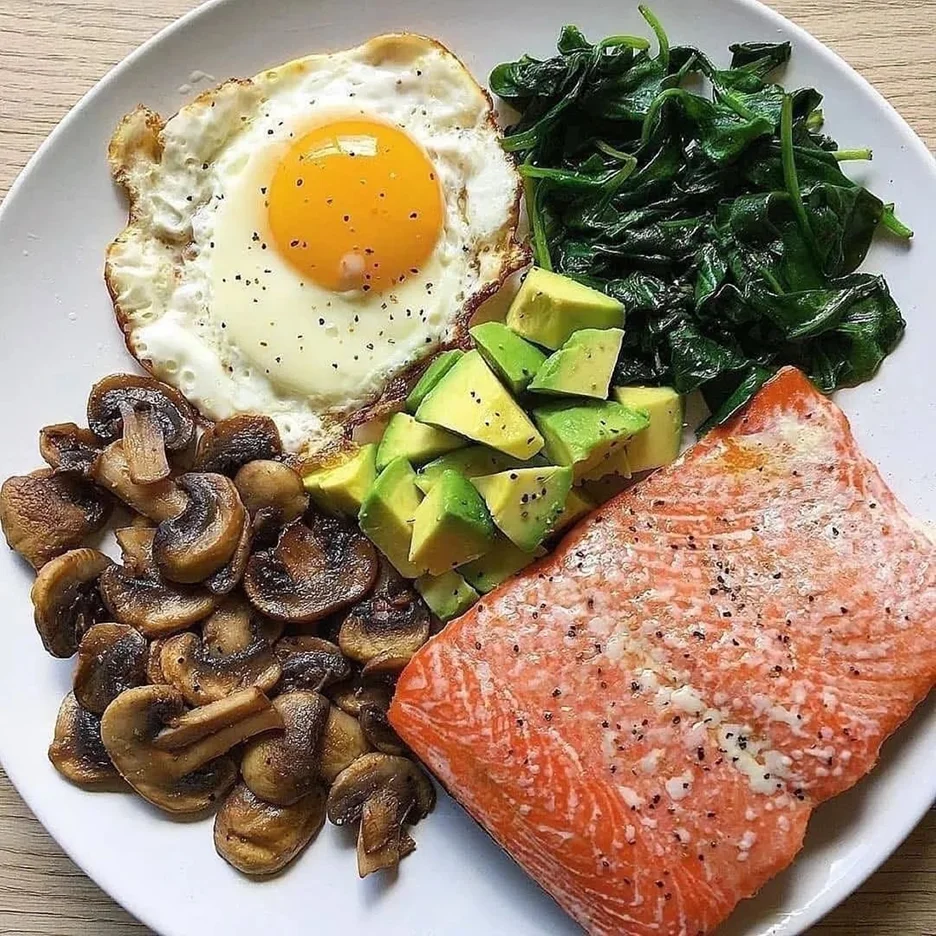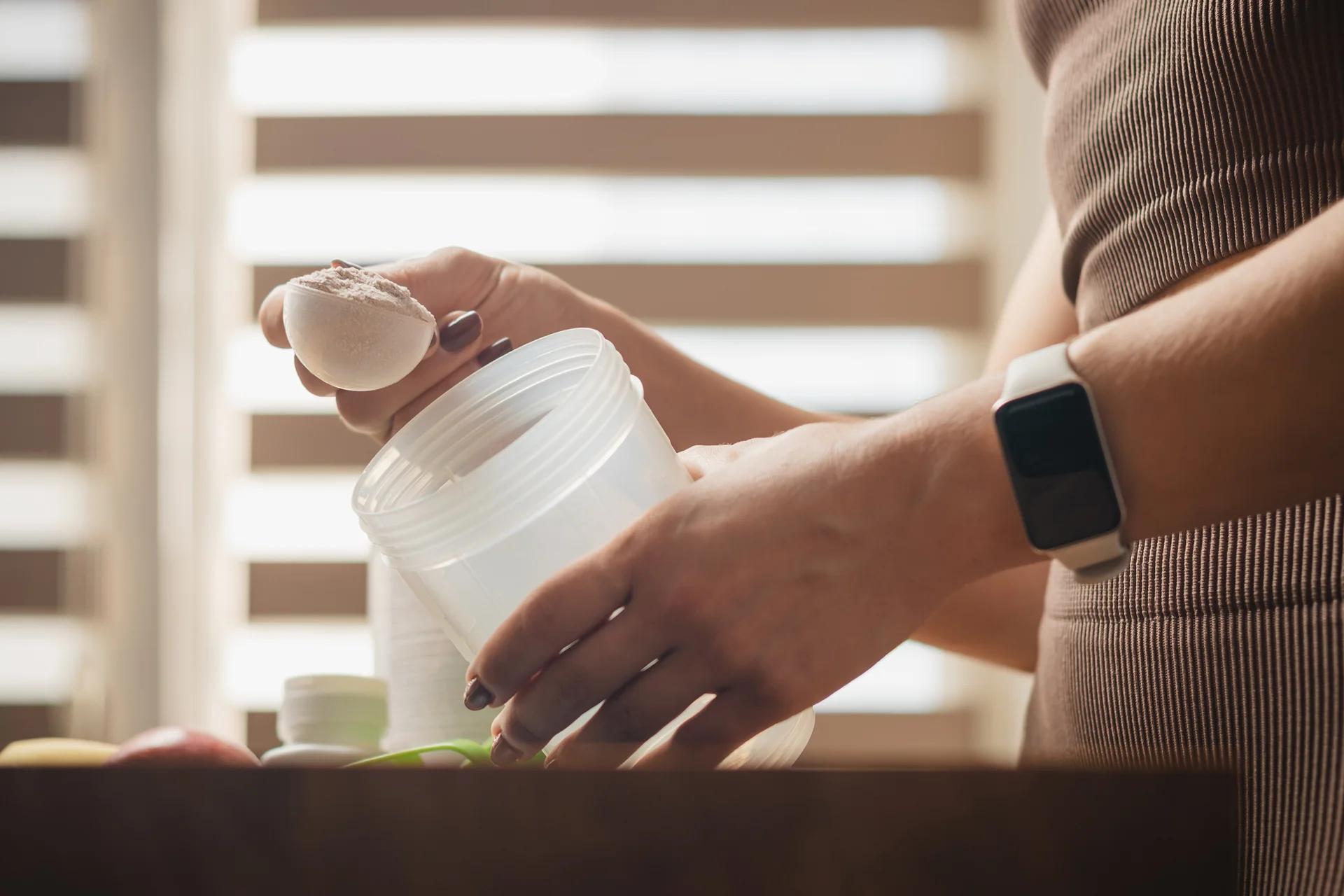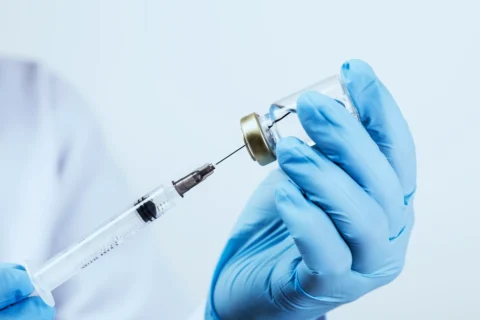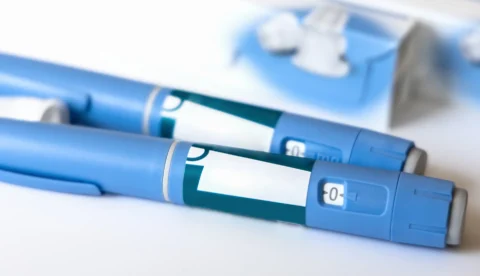Concerns about weight gain often plague the minds of those considering creatine.
Let’s set the record straight: while you may see a quick jump on the scale, rest assured, it’s not what you think.
Does Creatine Make You Gain Weight?
Creatine supplementation can cause temporary initial weight gain due to water retention in muscles.
This water retention effect helps creatine supplementation increase performance in high-intensity exercise by replenishing phosphocreatine stores in the body.
How Much Water Weight Does Creatine Add?
Most research shows that creatine supplementation leads to around 2-4 pounds of initial water weight gain as creatine draws water into the muscles. This water weight gain occurs within the first week of supplementation.
The water weight gain from creatine is not fat. Studies have found no significant increase in body fat percentage from creatine use.
The exact amount of water weight gained can vary slightly based on an individual’s body weight. As a general estimate, about 2 pounds of water weight gain is common for most adults supplementing with creatine. However, some studies have shown gains ranging from 2-4.5 pounds.
This initial water weight from creatine is temporary and not retained long-term if supplementation is discontinued. The water is stored in the muscles and helps support increased muscle size and strength.
Facts About Creatine
- Water, Water Everywhere: The initial weight gain is purely water retention within your muscles. Think of it like creatine welcoming H2O to its fitness party, plumping those cells and prepping them for action. This isn’t fat, it’s fuel for your future physique.
- Muscle Mania: And speaking of action, creatine is your workout’s MVP. It fuels faster reps, heavier weights, and pushes your endurance beyond limits. The result? Sculpted muscle definition, improved strength, and a body that begs to be shown off.
- Fat-fighting Fury: Contrary to the whispers, creatine doesn’t magically conjure fat from thin air. Gaining fat requires a calorie surplus, and creatine doesn’t offer that. In fact, studies suggest it may even promote fat loss alongside muscle gain.
How Does Creatine Work?

Creatine works by helping replenish energy stores in the body. It is converted to creatine phosphate in the muscles which is used to regenerate ATP, the energy molecule.
This allows for faster regeneration of ATP during exercise leading to improved performance and gains in strength and muscle mass over time.
Specifically:
- Creatine is taken up by the muscles and converted to phosphocreatine which donates a phosphate group to ADP to regenerate ATP
- This increases the rate of ATP regeneration during exercise allowing for more reps and increased workload in the gym
- The increased capacity for work can lead to greater muscle growth when combined with resistance training over time
- It also causes water retention in the muscles which may lead to temporary increases in muscle size or “pump” during workouts
However any increases in muscle mass are ultimately determined by diet and training program rather than creatine alone.
Different Types of Creatine Supplements
Here are the main types of creatine supplements:
- Creatine Monohydrate – The most common and researched form. It is considered the gold standard.
- Creatine Ethyl Ester – Claims to be more soluble than monohydrate but research is limited.
- Creatine Hydrochloride – Also known as Creatine HCL. Claims to be more soluble than monohydrate but research results are mixed.
- Buffered Creatine – Has added minerals to reduce stomach discomfort. Research is limited.
- Micronized Creatine Monohydrate – Finely ground monohydrate to increase absorption. Research support is limited.
- Liquid Creatine – For those who prefer not to take pills or powder. Absorption rates vary between products.
Which Type of Creatine Is Best for Weight Gain?
Creatine monohydrate is the most commonly used form of creatine in dietary supplements. Research indicates that taking creatine monohydrate can help increase muscle growth in people aged 18 to 30.
Creatine monohydrate is deemed the most researched and recommended type of creatine supplement.
Studies show that regularly taking creatine, weightlifting and exercising can help increase muscle growth in people 18 to 30 years old. However, the evidence is strongest for creatine monohydrate.
There is a great amount of research published on creatine supplementation; protocols of administration, forms of creatine, as well as potential side effects. The consensus is that creatine monohydrate is the most effective form.
Why Does Creatine Cause Water Retention?
Creatine supplementation causes initial water retention for these reasons:
Creatine is osmotically active, which means it draws water into muscle cells through osmosis. When creatine levels rise in muscle cells, water is pulled in to balance the concentration of creatine and water inside and outside the cells. This increases muscle cell volume and total body water.
The “loading phase” of creatine supplementation, when higher doses (20-25g) are taken each day for 5-7 days, can cause more water retention as creatine levels peak in muscles. Some individuals may experience temporary bloating or water weight gain during this phase.
However, studies show long-term creatine use does not lead to excessive or permanent water retention beyond increases in muscle mass. The water is stored in muscles and any initial weight gain typically levels off after a few weeks of regular supplementation.
So in summary, creatine’s osmotic properties cause a temporary increase in total body water and muscle cell volume during the loading phase, but long-term use does not cause ongoing water retention issues according to research. The water retention helps boost muscle size and strength.
How To Distinguish Water Weight From Muscle Gain?

There are a few key factors that can help distinguish water weight from muscle gain:
Water weight fluctuates more quickly than muscle gain and can be lost within a few days by increasing water intake and sodium reduction. Muscle takes longer to build through consistent strength training over weeks or months.
Water weight will cause an increase in total body weight but not necessarily in muscle size or strength. Gaining muscle through training should result in increased size and strength over time in addition to weight changes.
Monitoring body measurements like waist and hip circumference in addition to weight can provide more insight. Water weight is more likely to cause increases all over, while muscle building tends to cause increases more specifically where muscles are worked.
Tracking body composition using methods like DEXA scans, hydrostatic weighing, or multi-frequency bioimpedance analysis can distinguish muscle, fat and water changes that a basic scale cannot. These show actual tissue changes rather than total weight alone.
Paying attention to diet, lifestyle and training factors. Increased sodium, inadequate water, hormone fluctuations etc. are more likely to cause water retention. A strength training program, adequate protein intake etc. are more conducive to muscle gains.
If weight changes are accompanied by visible muscle size and strength increases, it is more likely to be muscle versus water weight fluctuations which often resolve on their own with lifestyle tweaks.
Can Creatine Help Build Muscle Mass?
Creatine supplementation can help increase muscle mass when combined with resistance training according to several studies:
Creatine is one of the most effective supplements for increasing muscle mass and strength. It can help vegetarians and vegans gain muscle mass.
Studies show that regularly taking creatine while weight lifting and exercising can help increase muscle growth in people aged 18 to 30 years old.
A review found that creatine monohydrate supplementation can increase the phosphocreatine levels in skeletal muscle, thereby increasing the capacity for higher-intensity exercise and more rapid ATP resynthesis. This can increase muscle growth.
The majority of people who take creatine while strength training will experience weight gain due to increased muscle mass. However, the effects may vary between individuals.
By increasing water retention in muscle cells through cell volumization, creatine may cause muscle hypertrophy.
Creatine helps you push harder during workouts through increased energy levels, allowing for greater strength, power, and muscle growth gains.
Creatine is thought to improve strength and increase lean muscle mass by helping muscles recover faster from exercise.
Consuming creatine before or after workouts is believed to enhance muscle growth by “locking in” muscle protein synthesis.
So in summary, yes creatine supplementation when combined with resistance training can help increase muscle mass and strength according to research. The effects may vary between individuals.
How Long Does It Take To See Muscle Gain From Creatine?
Most studies show that it takes 2-4 weeks of consistent creatine supplementation to see increased muscle mass and strength. Here are the key points:
Water retention in the muscles occurs within the first few days of supplementation, leading to small temporary weight gain.
Significant muscle gains are generally not noticeable until 6-8 weeks of consistent daily supplementation.
For maximal muscle saturation, it is recommended to take 5 grams of creatine monohydrate 4-5 times per day for 5-7 days, then 2-5 grams daily for maintenance.
Muscle growth peaks at around 4 weeks, with continued strength gains possible beyond that time frame if supplementation and training are maintained.
For most individuals, 2-4 weeks is required before noticeable effects on workouts, but individual results may vary.
Can Creatine Cause Fat Gain?
Creatine supplementation alone is generally not associated with fat gain according to research. Some key points:
- Creatine may cause small amounts of water retention in muscles and around cells, which can lead to a temporary increase in body weight.
- This water weight gain is not fat mass. The water is stored in muscles to help boost energy capacity.
- If calories are controlled and exercise continues, the water weight should not turn to fat over the long run.
- Some studies have found no difference in body fat percentage between those who supplemented creatine versus placebo.
- For most people looking to gain muscle, the water retention from creatine is not a concern as long as overall calorie and macronutrient intake is managed appropriately.
So in summary, while creatine may lead to temporary water weight gain, research suggests it alone does not directly cause fat gain if calorie intake is controlled. Any weight change is generally water retention rather than fat.
Should You Worry About Fat Gain When Taking Creatine?
While creatine can cause some temporary water weight gain, research indicates it does not lead to long-term fat gain and may even promote greater gains in lean muscle mass over fat.
Creatine supplementation can cause some initial weight gain of around 2-4.5 pounds due to water retention in muscles. However, studies show this is not fat gain.
Long-term creatine use has been found to lead to greater gains in fat-free mass compared to fat mass. While one study found creatine supplementation led to fat gain in children, other studies found no increase in fat mass in adults.
Most health organizations state creatine is generally safe for healthy adults when used as recommended and does not contribute to fat gain. However, individuals with kidney problems should consult a doctor before use.
How Fast Can You Gain Muscle With Creatine?
Research indicates 2-4 pounds of actual muscle mass can be gained each month when combining creatine intake with a resistance training program.
The effects are enhanced through continued supplementation and exercise over several weeks.
- Studies have shown that creatine supplementation can help increase muscle mass and strength gains when combined with resistance training:
- The average weight gain in the first week is 1.5-3.5 pounds, though this is likely water retention in the muscles and body.
- Most lifters see an extra 2-4 pounds of muscle mass gained over 4-12 weeks of training while taking 3 grams of creatine daily.
- Creatine assists with both short and long-term muscle growth for people with active lifestyles as well as more sedentary individuals.
- Muscle fibers have been found to grow faster after creatine supplementation through increased water retention in the muscles.
What Is the Best Diet for Weight Gain With Creatine?

A diet high in calories, protein, and carbs is recommended for muscle gain when taking creatine. It’s important to consume more calories than you burn to provide the additional energy and nutrients needed for muscle building.
Aim to get 1-1.5 grams of protein per pound of body weight each day to support muscle protein synthesis. Good protein sources include meat, fish, eggs, dairy, and plant-based alternatives.
Carbohydrates provide fuel for intense workouts and should make up 50-60% of total calories. Sources include rice, potatoes, oats, fruit, and vegetables.
While creatine itself does not directly cause fat gain, a calorie surplus diet can lead to weight gain beyond muscle. Monitor your progress and adjust calorie intake based on the scale and appearance in the mirror.
Most recommend a modest 200-500 calorie surplus for optimal muscle growth with minimal fat gain.
Who Should Not Take Creatine?
People who should avoid taking creatine supplements include:
- Those with kidney disease, high blood pressure, or liver disease.
- Children under 18 years old.
- Pregnant or nursing women.
- Those taking medications that affect liver or kidney function, as creatine may interact with certain medications.
- Individuals over 60 years old, as creatine may not be as effective for improving strength or building muscle in this age group.
- Those with ALS, as taking creatine does not seem to slow disease progression or improve survival for people with ALS.







